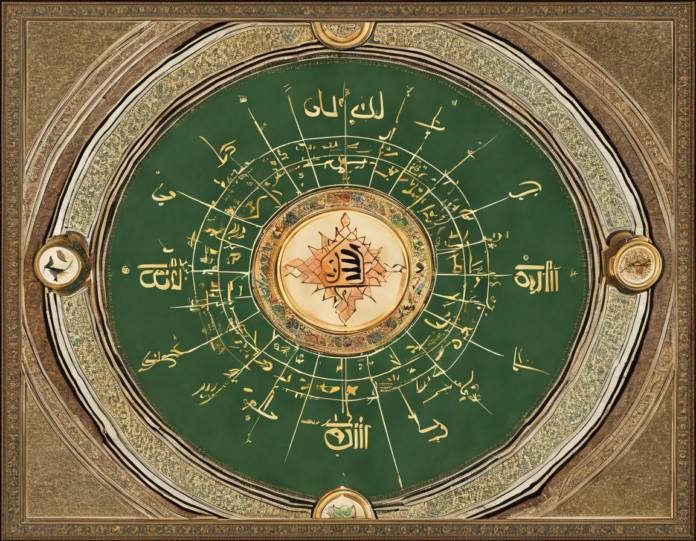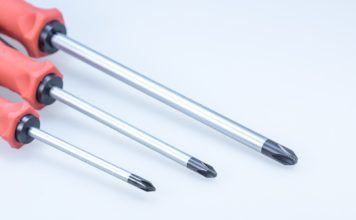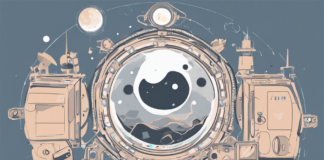As a Muslim, one of the most important aspects of practicing the faith is ensuring that you are correctly facing the Qibla when you pray. The Qibla is the direction in which Muslims should face when performing their Salah, or daily prayers, and it points towards the Kaaba in Mecca, Saudi Arabia. It serves as a symbol of unity and connection among Muslims worldwide, as they all face the same direction during prayer.
Finding the Qibla direction can be challenging, especially for those who are traveling or living in non-Muslim countries. However, with the advancements in technology and the availability of various resources, determining the Qibla has become much easier. In this guide, we will explore different methods and tools that you can use to accurately find the Qibla direction wherever you are.
Why is the Qibla important?
The Qibla holds significant importance in Islam for several reasons:
- Unity: Facing the same direction during prayers unifies Muslims worldwide, regardless of their geographic location.
- Connection to Kaaba: The Kaaba is considered the House of Allah, and facing towards it symbolizes a connection to the holiest site in Islam.
- Submission: By turning towards the Qibla, Muslims symbolize their submission and obedience to Allah.
- Tradition: The Qibla direction has been followed by Muslims since the time of Prophet Muhammad (peace be upon him) and is a tradition that has been passed down through generations.
Methods for Finding the Qibla Direction:
1. Using a Compass:
Compasses are one of the most traditional and widely used tools for determining the Qibla direction. To use a compass effectively:
- Locate True North: Ensure that your compass is calibrated to find true north rather than magnetic north.
- Adjust for Magnetic Declination: Depending on your location, you may need to adjust the angle to find the correct Qibla direction.
2. Using Qibla Compass Apps:
With the advent of smartphones, Qibla compass apps have become popular among Muslims. These apps use GPS technology to accurately determine the Qibla direction based on your current location.
Some popular Qibla compass apps include:
- Muslim Pro
- Qibla Connect
- Qibla Finder
3. Using Online Websites:
Several websites offer online Qibla direction services that allow you to find the Qibla direction based on your location. These websites are user-friendly and can be accessed from any device with an internet connection.
Some reliable online Qibla direction websites include:
- Qibla Direction Online
- Islamic Finder
- Qibla Compass
4. Using Physical Markers:
In mosques or Islamic centers, a Mihrab or Qibla wall indicates the direction of the Qibla. When at home or in a place without clear indicators, you can use permanent markers or stickers to mark the Qibla direction for ease of reference.
5. Seeking Guidance from Local Muslims:
If you are unsure about the Qibla direction in a new location, do not hesitate to ask local Muslims for guidance. They can provide accurate information based on their knowledge of the area or through the use of Qibla compasses.
Frequently Asked Questions (FAQs) about Finding the Qibla Direction:
1. How accurate are Qibla compass apps?
Qibla compass apps are generally accurate if they have access to a strong GPS signal. However, factors such as magnetic interference or incorrect calibration can affect their precision.
2. Can I rely on Google Maps to find the Qibla direction?
While Google Maps can give you a general idea of the Qibla direction, it is recommended to use dedicated Qibla apps or websites for more accurate results.
3. What should I do if I am in a place with no access to technology?
In the absence of technological aids, seek guidance from local Muslims or look for physical markers indicating the Qibla direction.
4. Do I need to face the Kaaba exactly during prayer?
While it is preferred to align directly with the Kaaba, variations in the Qibla direction due to geographical distance are permissible in Islamic jurisprudence.
5. How often does the Qibla direction change?
The Qibla direction remains constant for locations directly facing the Kaaba. However, it may vary slightly for regions located to the east or west of Mecca.
Navigating the Qibla direction is essential for every Muslim, as it symbolizes their devotion and connection to the Islamic faith. By utilizing the methods and tools discussed in this guide, you can ensure that you are correctly facing the Qibla during your prayers, no matter where you are in the world.









